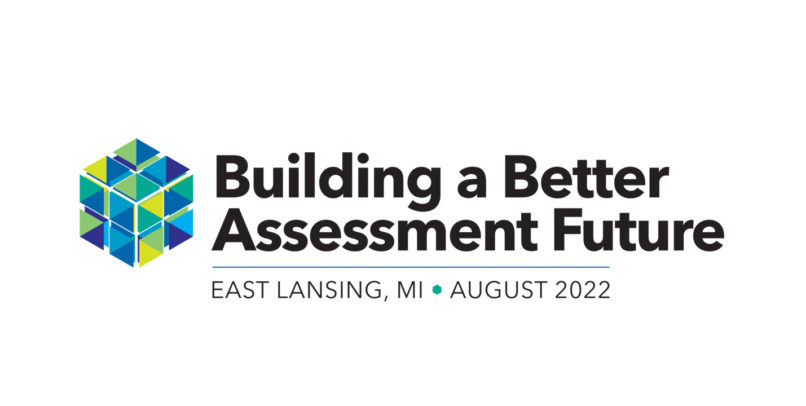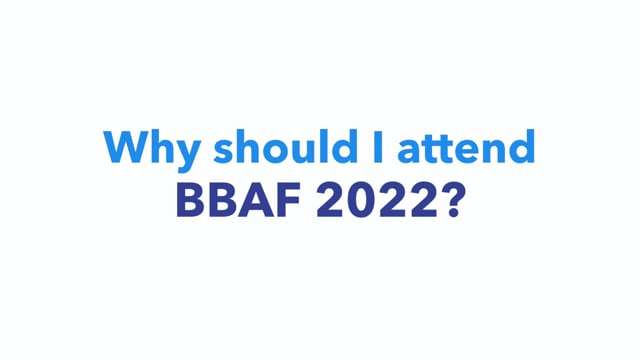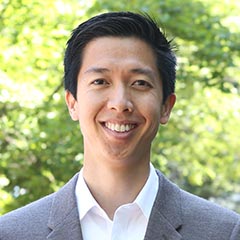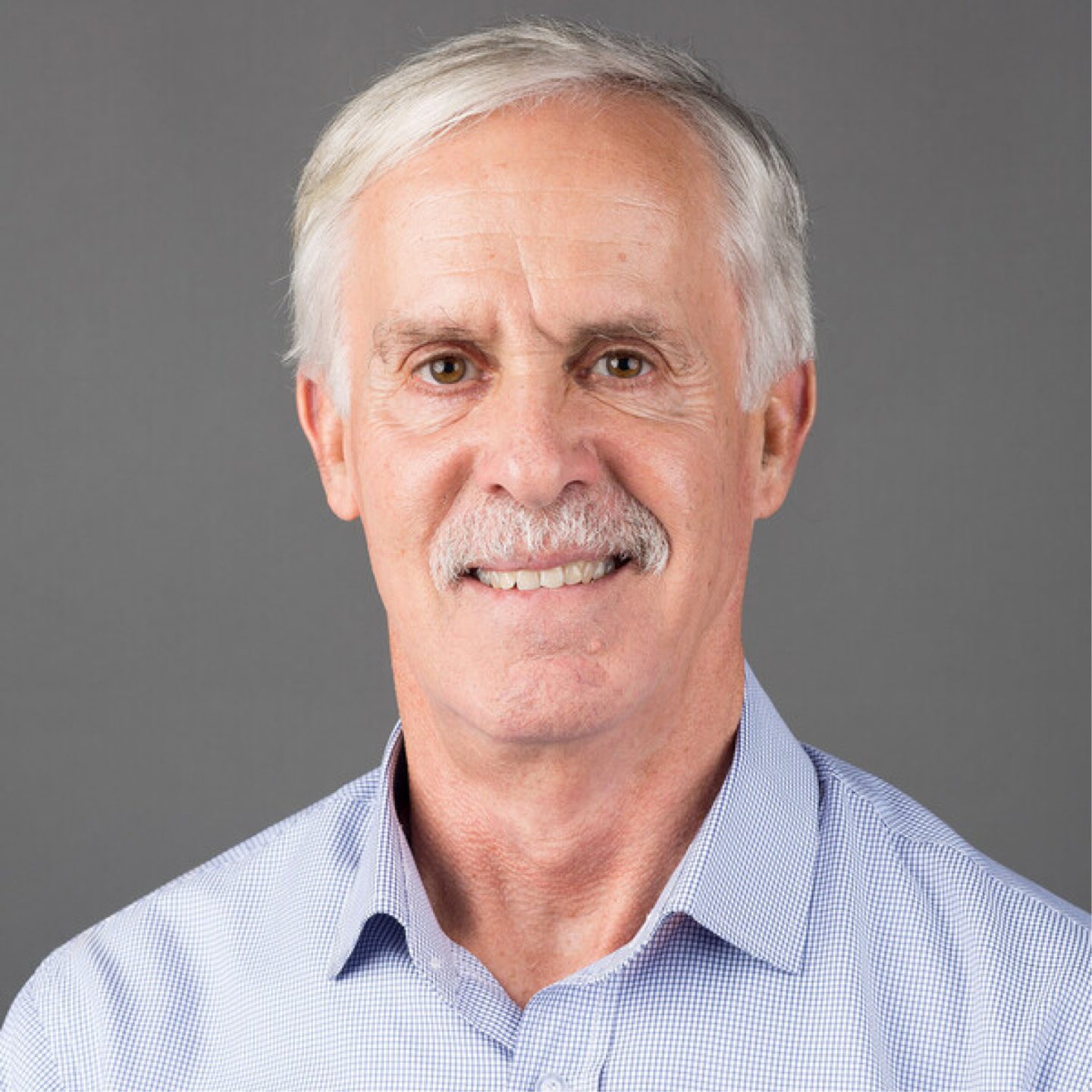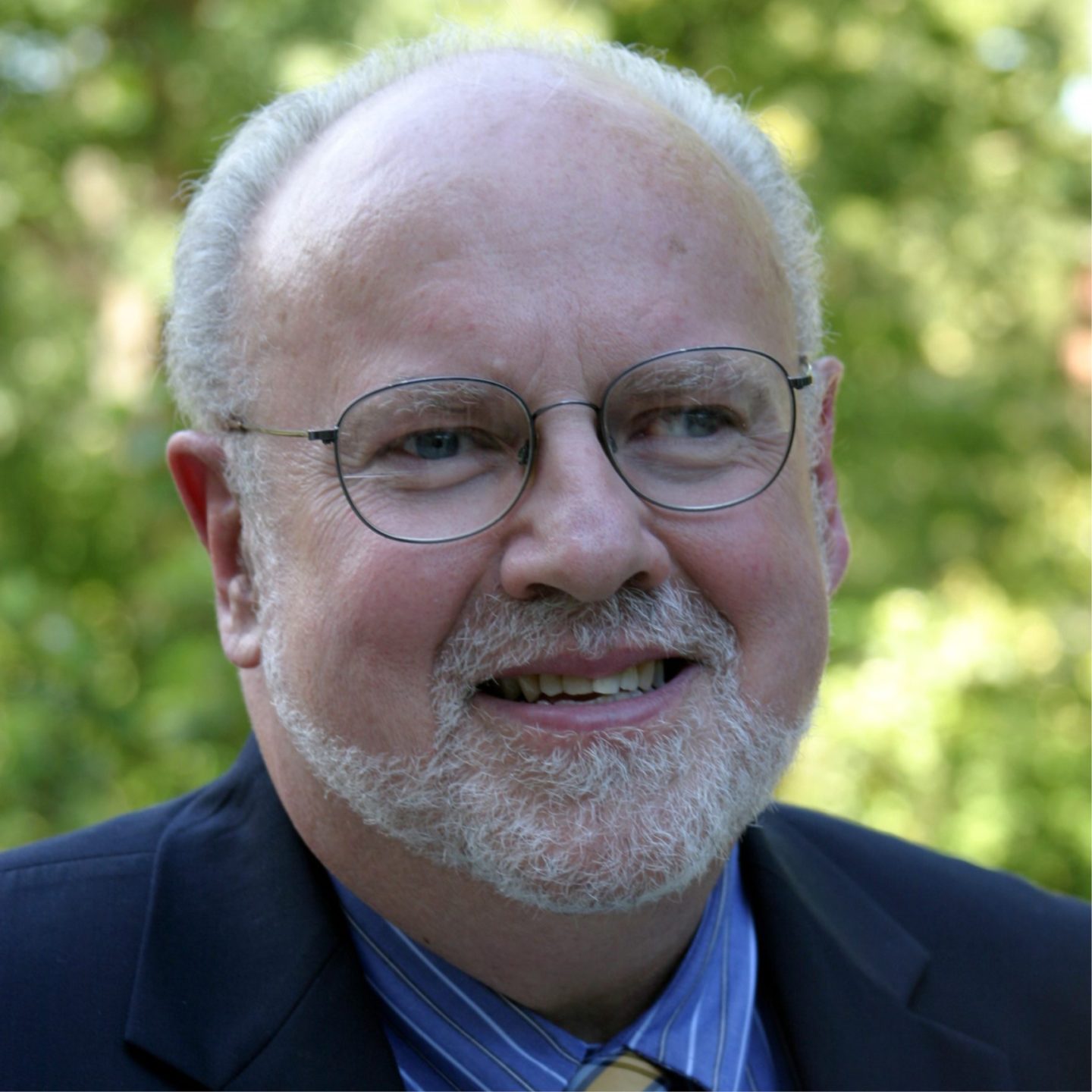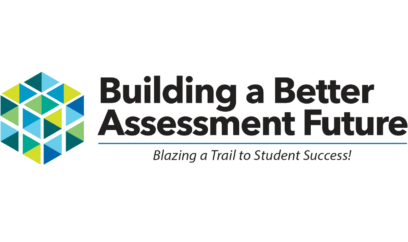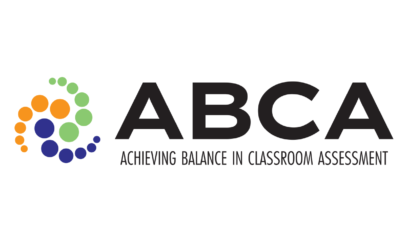BBAF returns for 2023!
Why Build a Better Assessment Future?
More than at any other time in recent history, educators and policymakers recognize the need to provide an education system that supports all children to achieve at high levels. The COVID-19 pandemic has exacerbated inequities in our system and presents an opportunity to aspire to adopt assessment approaches and systems that truly serve to support all children to achieve and become capable learners.
In person this year, the BBAF conference aims to support district teams as they re-imagine their district’s assessment system in a way that elevates assessment purpose and use and propels student learning. This “must-participate” event will feature keynote addresses and workshops where teams of educators and national and international experts come together to discuss issues and inspire actions to build a better assessment future—envisioned as one that elevates assessment in support of ambitious teaching of rigorous content standards and emphasizes higher levels of student learning.
The conference, hosted by the Michigan Assessment Consortium in partnership with FAME (Formative Assessment for Michigan Educators) and Michigan Department of Education, aims to assist local districts to improve their instructional programs so that all students equally succeed at high levels and gaps between sub-groups are addressed and, eventually, eliminated.
Who should attend? All educators will be inspired and enriched by the content presented. Participants who attend as district or building teams (3 or more members) will benefit from networking time and reflection tools. Teams should include stakeholders who are looking to implement solutions to assessment challenges and seek new opportunities to improve student learning through assessment. While participants are encouraged to attend with a team, individual educators are welcome to attend, and special opportunities for reflection have been planned for your benefit.
Role of the Attendee: Participants should commit to expand their own assessment knowledge and work with their colleagues to elevate their practice and create quality assessment systems.
Conference features:
- Large-group sessions with state, national, and international assessment experts
- Topical breakout sessions led by education practitioners
- Embedded work and reflection times for teams to support emerging work plans
Outcomes: Participants will work and explore as part of a learning team to:
- Assist local districts to improve their instructional programs to spur higher student achievement and eliminate gaps
- Understand the role of purpose as a key to quality assessment that support students’ equitable access to learning
- Appreciate the role assessment plays in all facets of student learning
- Envision an assessment system that accurately serves the information needs of students, parents, educators and policy makers
- Raise awareness of what it means to be assessment literate
- Identify strategies for advancing an assessment system that serves the information needs of multiple audiences
*Earn up to 12 SCECH credits
Presenter: Margaret Heritage
Margaret Heritage is an independent consultant in education. For her entire career, her work has spanned both research and practice. In addition to spending many years in her native England as a practitioner, a university lecturer, and an inspector of schools, she had an extensive period at UCLA, first as principal of the laboratory school of the Graduate School of Education and Information Students and then as an Assistant Director at the National Center for Research on Evaluation, Standards and Student Testing. She also served as Senior Scientist at WestEd. Her current work centers on formative assessment, including how formative assessment supports regulatory processes and contributes to educational equity goals. Her most recent books include Self-regulation: The role of language and formative assessment (Harvard Education Press), and Progressing students’ language day by day (Corwin) with Alison Bailey.
Presenter: Andrew Ho
Charles William Eliot Professor of Education at the Harvard Graduate School of Education. He is a psychometrician whose research aims to improve the design, use, and interpretation of test scores in educational policy and practice. Ho is known for his research documenting the misuse of proficiency-based statistics in state and federal policy analysis. He has also clarified properties of student growth models for both technical and general audiences. His scholarship advocates for designing evaluative metrics to achieve multiple criteria: metrics must be accurate, but also transparent to target audiences and resistant to inflation under high stakes.
Presenter: Jay McTighe
Jay McTighe is an accomplished author, having co-authored 17 books, including the award-winning and best-selling Understanding by Design series with Grant Wiggins. Jay’s articles are often found in ASCD publications and Education Week. Wiggins and McTighe popularized the notion of "backwards design" which remains a consistent theme in Jay’s writing and work. Jay has an extensive background in professional development and is a regular speaker at national and international conferences, having worked in 47 states within the United States, 7 Canadian provinces, and internationally in 38 countries on six continents.
Presenter: Andy Middlestead
Andy Middlestead is the State Assessment & Accountability Director at Michigan Department of Education, where he oversees all assessments within the State of Michigan assessment program, including the Michigan State Test of Educational Performance (MSTEP), MI-Access Alternative Assessment, WIDA, SAT, PSAT, and more. In that role, he also supports professional learning for Michigan assessment specialists and is a strong advocate for assessment literacy for all Michigan educators. Andy is a nationally respected assessment leader, and has held leadership positions in the Council of Chief State School Officers (CCSSO) and the National Council on Measurement in Education.
Presenter: Ed Roeber
Edward Roeber has served as the MAC Assessment Director since 2007, first as co-founder (with Kathy Dewsbury-White and Kim Young), then as Board Secretary and Assessment Director. Ed previously served on the Development of the State Collaborative on Assessment and Student Standards (SCASS) program for the Council of Chief State School Officers (CCSSO). He also has had a long career at the Michigan Department of Education (MDE), contributing to the development of the employee wellness program, the creation of an employee child care program (Education Child Care Center or EC3), and to development and support for learning about formative assessment. Ed also has developed and delivered a three-course sequence on educational assessment for practitioners at Michigan State University.


